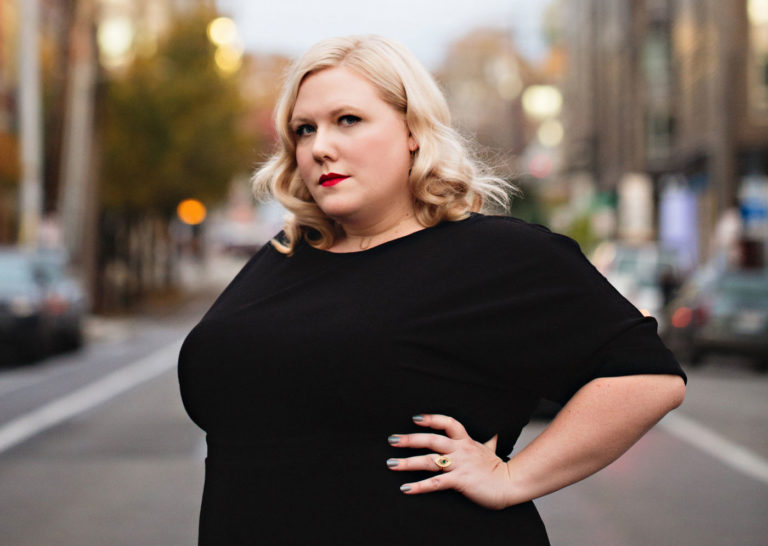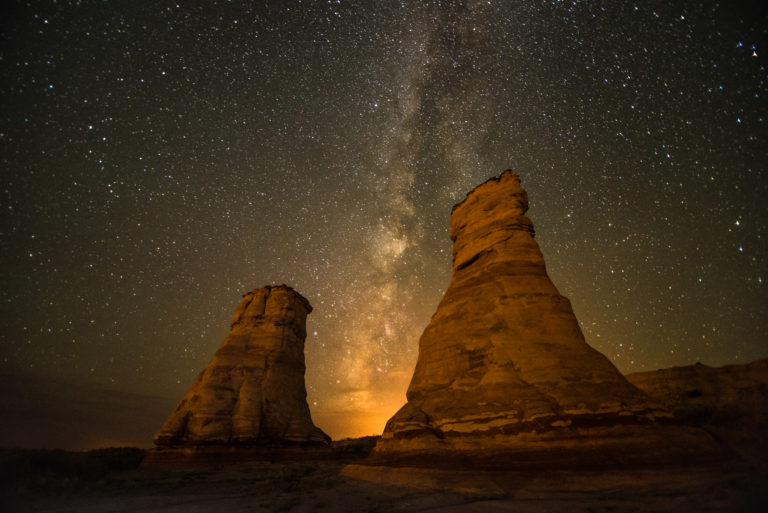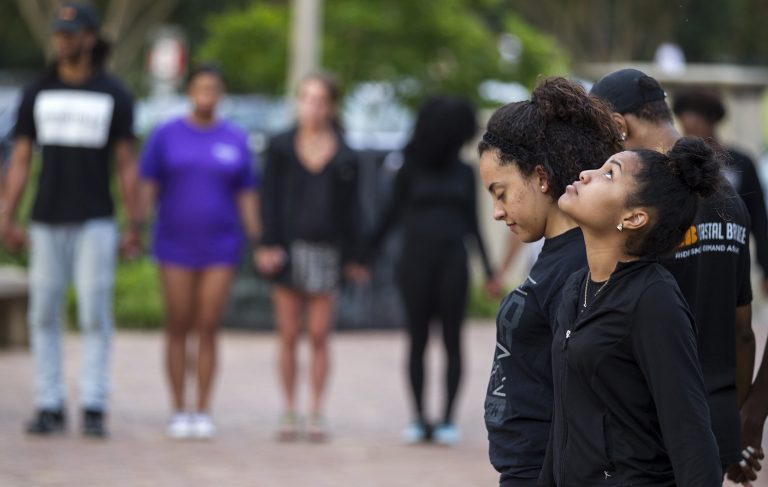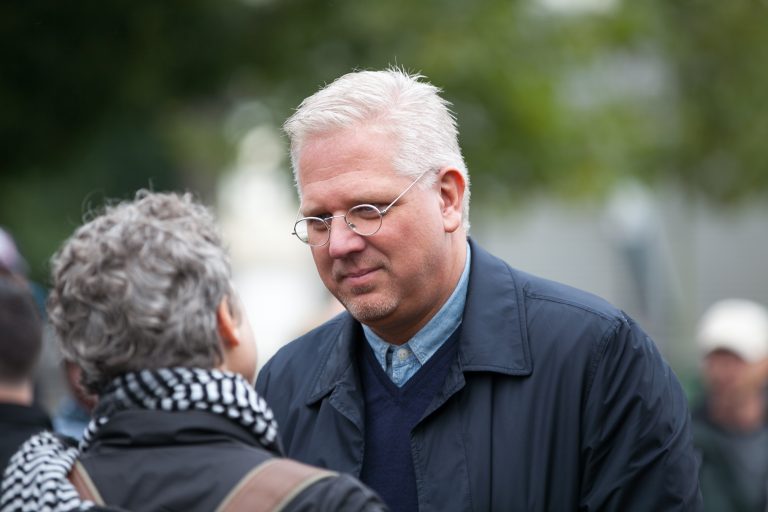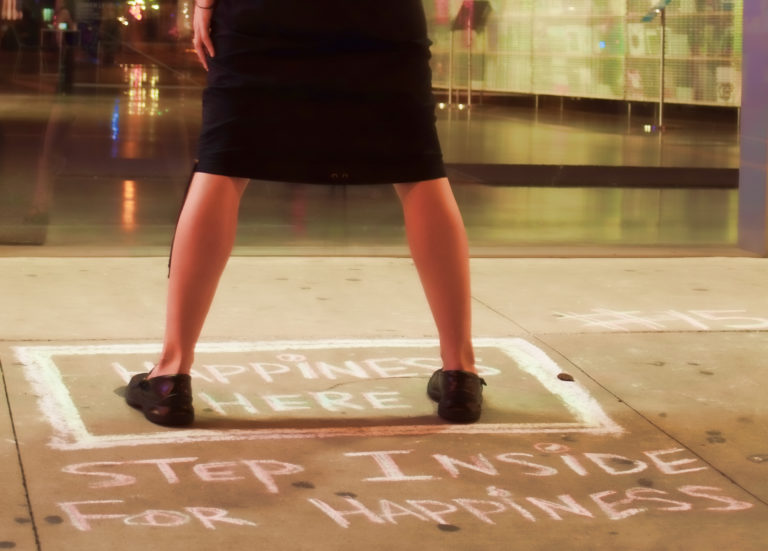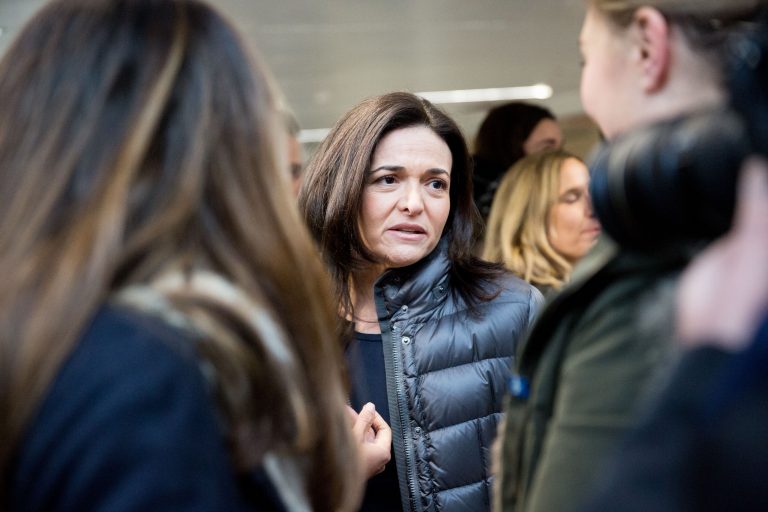“When you are helpless with true laughter, it’s like orgasm. Your body gets taken over. If it didn’t feel so good, you’d think there was something wrong.”
Sex scientist, researcher, and romance novelist Emily Nagoski sees humor as a way to understand and appreciate sex and our bodies. She says that belly laughs and rough housing play completely shift our physiology. This is what makes her romance characters so relatable — there’s laughter in their foreplay and sex.


